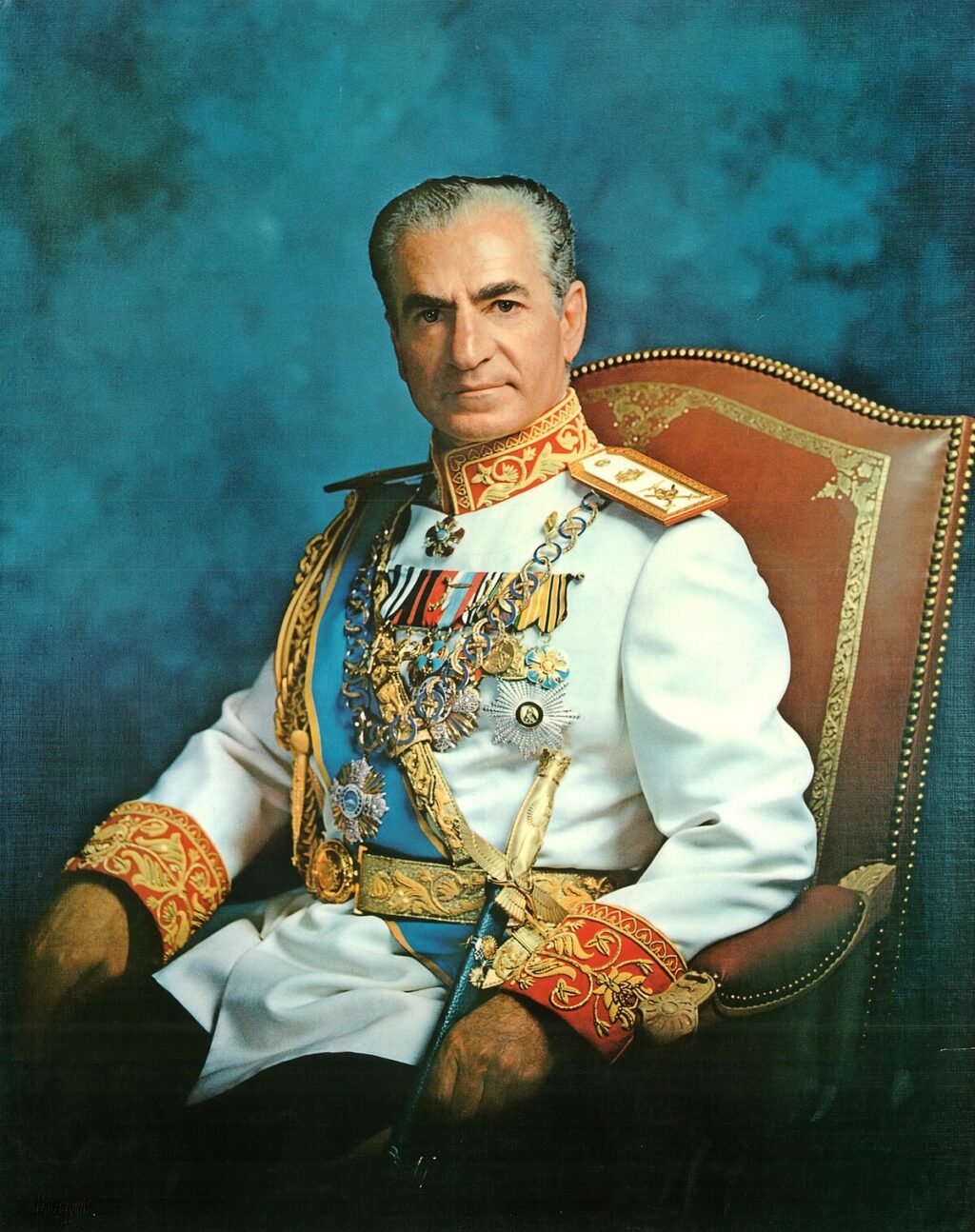
Introduction
Reza Pahlavi, the last Crown Prince of Iran, is a central figure in the ongoing discussions surrounding the future of Iran. Born in 1960, he is the son of the last Shah, Mohammad Reza Pahlavi, and has lived in exile since the Islamic Revolution in 1979. His role as a voice for secular democracy in Iran has garnered international attention, particularly in the context of the current political climate in Iran.
Current Events and Developments
In recent months, protests across Iran have intensified, driven by widespread discontent with the ruling regime, especially after the death of Mahsa Amini in police custody. Reza Pahlavi has emerged as a prominent figure in the opposition, advocating for a democratic and secular government in Iran. He has called upon the international community to support the Iranian people’s right to self-determination and his vision for the future of Iran.
Pahlavi has been actively engaging with Iranian expatriates and rallying support on social media platforms, emphasizing the need for unity among opposition groups. He believes that a key step towards change is promoting a cohesive alternative to the current Islamic regime.
Recent interviews have highlighted his views on the significant role of Iran’s youth in shaping the country’s future. In particular, he mentions how their activism can help mobilize a collective movement against the oppressive nature of the current government. Pahlavi also emphasizes the importance of nationalism, advocating for a non-ethnic identity that encompasses all Iranians.
The Significance of Reza Pahlavi
Reza Pahlavi’s activism and stance on democracy matter not just to Iranian citizens but to the global community as well. His commitment to a peaceful transition and democratic governance serves as a potential blueprint for those advocating for change in authoritarian regimes worldwide. The significance of Pahlavi’s involvement in Iranian politics is profound as it symbolizes a bridge between the modern aspirations of many Iranians and the historical context of the Pahlavi dynasty.
Conclusion
As Iran continues to grapple with political unrest and calls for reform, Reza Pahlavi’s role could become increasingly pivotal. His efforts represent a longing for a balanced identity that respects Iran’s rich historical roots while embracing democratic ideals. The future of Iran remains uncertain, but Pahlavi’s input could facilitate meaningful dialogue among opposition factions, ultimately influencing the course of Iranian history. For readers, understanding Pahlavi’s position provides insight into the complexities of Iranian politics today and the potential for a more democratic future.



